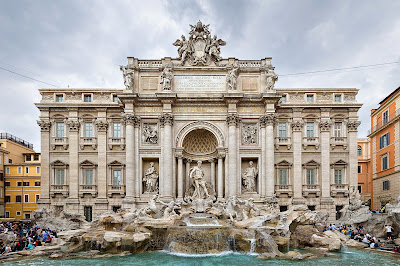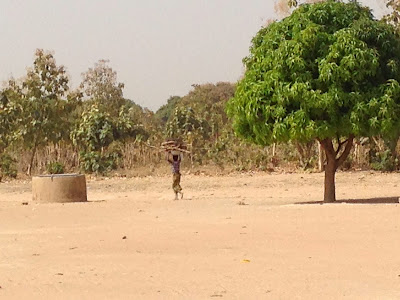Abundance
We have come to that point in the month, in the season, when blossoms hang heavy over fence rows and window boxes; when the air itself has taken on the heft of summer and given up the thin, clear bell tones of spring.
It’s always welcome, this time of year, as if we have been waiting to get back here forever, as if this is the season, the only one. And in some parts of the world it is. I can say this now having been to a place where heat and humidity are a way of life, where some people have never worn a pair of closed-toe shoes.
But in those places, in warm places, there is not the same glad recognition of difference we have here. There is not the memory of frost-hardened ground when digging in the warm soil of spring. There is not the acrid taste of snow displaced by honeysuckle on the tongue.
So here we are, finally, in this season of abundance. Stay a while, I want to say, holding fast to the profusion, knowing as I do that holding on defeats the purpose.



